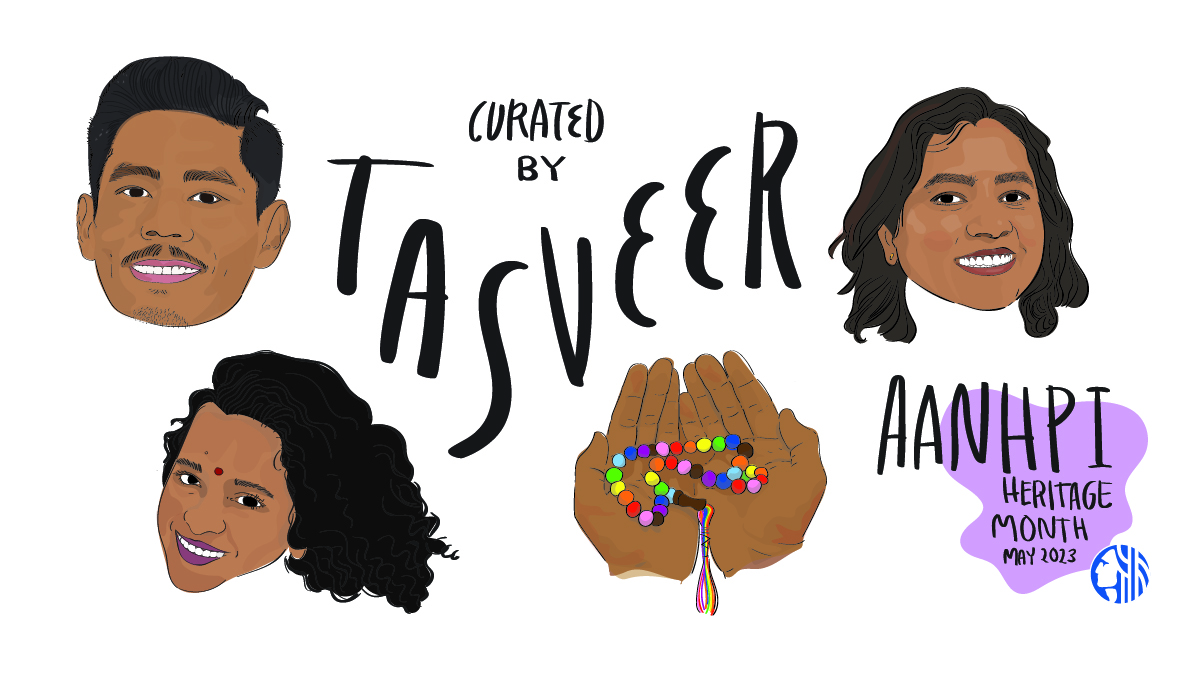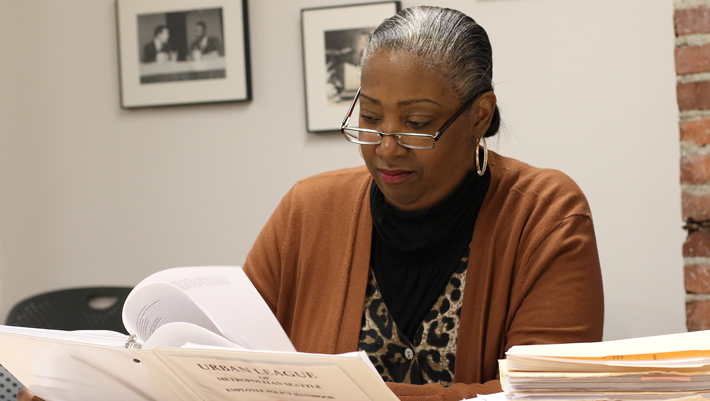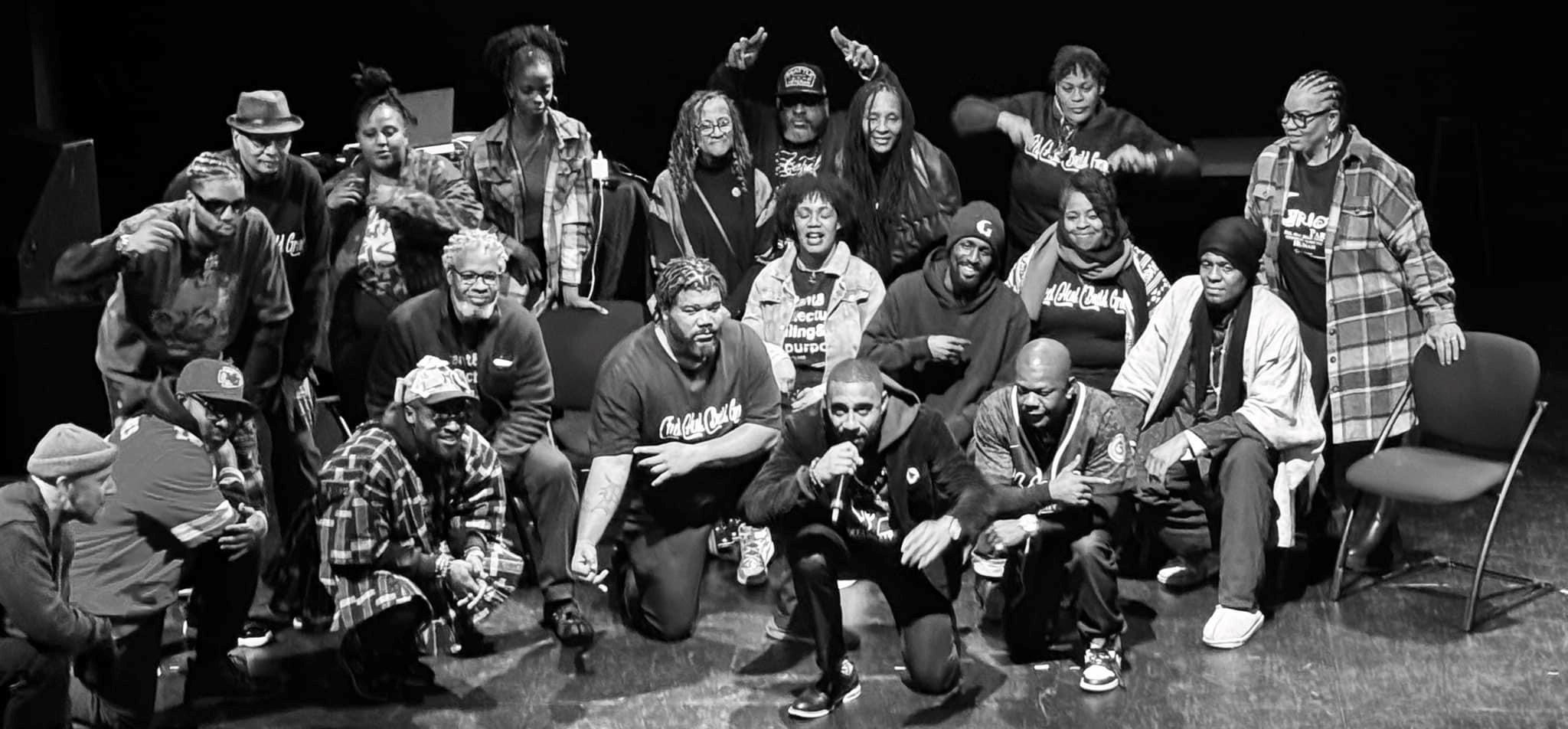
In celebration of Asian American, Native Hawaiian, and Pacific Islander (AANHPI) Heritage Month, we invited Tasveer, an art and advocacy organization created by and for South Asians, to share the story of their organization and curate a series of individual stories from their community. Read the full Tasveer series and be sure to check out all of our AANHPI Heritage Month stories.
Written by Olympia Bhatt, Marketing and Communications Lead – Tasveer
This year’s AANHPI theme, Advancing Leaders Through Opportunity, powerfully connects the American dream and the notion of America as a land of opportunity to the professional sphere, emphasizing our organization’s crucial role in providing advancement opportunities. Tasveer has always been driven by this guiding principle, both within our workplace and in our communities.
Co-founded by Farah Nousheen and Rita Meher, Tasveer was started in Seattle 21 years ago to combat racism and hate crimes in the wake of 9/11. The mission was to amplify the unheard voices of the South Asian community.
Today, our organization has grown and evolved, celebrating the rich diversity of cultures spanning countries like India, Pakistan, Nepal, Afghanistan, Bhutan, Bangladesh, the Maldives, Tibet, and Sri Lanka. With over 10,000 people engaging annually in our year-round programming, Tasveer offers events such as the Tasveer Film Festival, Tasveer Film Summit, community conversations, workshops, and cultural activities.
Our initial focus on championing narratives from all corners of the Indian subcontinent has grown into a commitment to amplifying marginalized voices within our communities, ensuring diverse perspectives are acknowledged and visible. In essence, we assert that we matter.
We are fully aware that the only way to achieve real change and progress is to prioritize these conversations and make sure that everyone is heard and seen.
Our Repertoire, Our Cause
Tasveer South Asian Film Festival (TSAFF) has been the mainstay of engaging filmmakers and audiences alike to showcase the many worlds of South Asia. In the 21st century, the definition of the South Asian region has transcended its geographical boundaries as diasporic communities from all over the world share their many stories of (be)longing, acceptance, and home. It has also provided a platform for much-needed space for budding and seasoned South Asian filmmakers. Before All That Breathes became a Cannes winner or a 2023 Oscar forerunner, Shaunak Sen’s debut film, Cities of Sleep won the Best Documentary Award at TSAFF 2016.
Tasveer’s mission is to bring diverse storytellers together during our ongoing monthly events, organized in the Greater Seattle Area. Every event is about sharing stories, experiences, and learnings of what the community goes through, like Community Speaks: Frames of Mind, which is part of our programming for Mental Health Awareness Month taking place on Saturday, May 13 at the Bellevue Arts Museum.
In our efforts to support independent filmmakers during the pandemic, and to find a solution to replace our in-person festival, we started TasveerTV, an online streaming service showcasing independent South Asian films of all genres and exclusive South Asian content. It was a way to showcase the work of filmmakers and support them with a screening fee.
In addition to TasveerTV, we brought together festivals from Chicago, Washington, DC, Maryland, Vancouver, Mississauga, and Montreal to create a Coalition of South Asian Film Festivals – CoSAFF. The festival was streamed on TasveerTV and supported artists, filmmakers, and audience members during the tumultuous period of the pandemic.
Our most recent opportunity for storytellers is the Tasveer Film Fund, which started in 2020 and includes participation by Netflix. Every year in June we send out a call to US-based South Asian filmmakers to submit their scripts for a chance to win awards of up to $15,000 to bring their scripts to life. Naman Gupta’s Coming Out with the Help of a Time Machine, the inaugural winner of the Tasveer Film Fund, has gone on to receive 50+ awards and has screened at more than 75 film festivals.
New Possibilities and Directions
This year, we are taking activism to new frontiers with the Tasveer Film Summit, scheduled to take place in Tagney Jones Hall at Seattle Opera on October 11 and 12. The Summit will tackle the gap between the film industry and available opportunities for South Asian filmmakers. The main reason for hosting such an event is to increase South Asian representation in film and TV. Hollywood Diversity Report of 2022 puts the current number of onscreen roles for South Asian women and men at a measly 0.3% and 2.3% respectively. Further, the report highlights that only 3.3% of leading actors and 3.8% of directors are Asian.
Tasveer Film Summit wants to change this lack of diversity, by creating career advancement opportunities, resources, and learning sessions for South Asian filmmakers to connect with studios, networks, and streaming platforms to bring their unique work and point of view into focus. That’s not all. Affiliated film industry personnel and auxiliary industries can showcase and raise awareness about how Seattle-based producers and the local tourism industry can connect to find opportunities to work with the vibrant film industries of South Asia. This is the new level of opportunities that Tasveer aspires to in order to create the space and scope for proper South Asian representation and uplift communities and places in its hometown of Seattle.
Four Cardinal Points of View
The diversity of perspectives is showcased in the four voices that we have curated for this series with the Seattle Department of Neighborhoods. It is our attempt to capture the vast breadth of life experiences as a South Asian American or immigrant. We are aware that these stories capture a sizable section of the populace, but not necessarily the entire region. With this continued awareness, we strive to work towards a deeper, more meaningful representation of South Asian communities through our work.
Our first piece is part-memoir, part-archive as activist and Tasveer co-founder, Rita Meher recounts her struggle of coming to terms with her Adivasi identity. Adivasis are the indigenous communities of India who are subject to the same discrimination as the lower castes. She talks about her support for the Seattle law banning caste discrimination and how working for the larger cause of representation empowered her to embrace her marginal self.
Khenrab Palden, a Tibetan American, writes about the vibrant Himalayan communities living in Seattle. He considers himself a refugee, one at home everywhere and shares his activism for the organization Himalayan Institute of Modern Arts and Learning (HIMAL).
Another point of view examines the many layers of meaning in the term South Asian. In the Western world, the diaspora of the Indian subcontinent has been labeled, relabeled, and lumped together throughout history. The unifying label of “South Asian” emerged in transnational movements during the 1980s, encompassing individuals with roots in various countries, including Afghanistan, Pakistan, India, Nepal, Bhutan, Bangladesh, the Maldives, and Sri Lanka, each with their own unique cultures. Olympia Bhatt presents a migrant point of view about how identities of Indian sub-continental communities have been historically perceived in the Pacific Northwest.
The final piece is by trans Muslim filmmaker, Saif Jan. They explore the many conjunctions of faith and identity which appear contrarian but are something that makes them whole.


